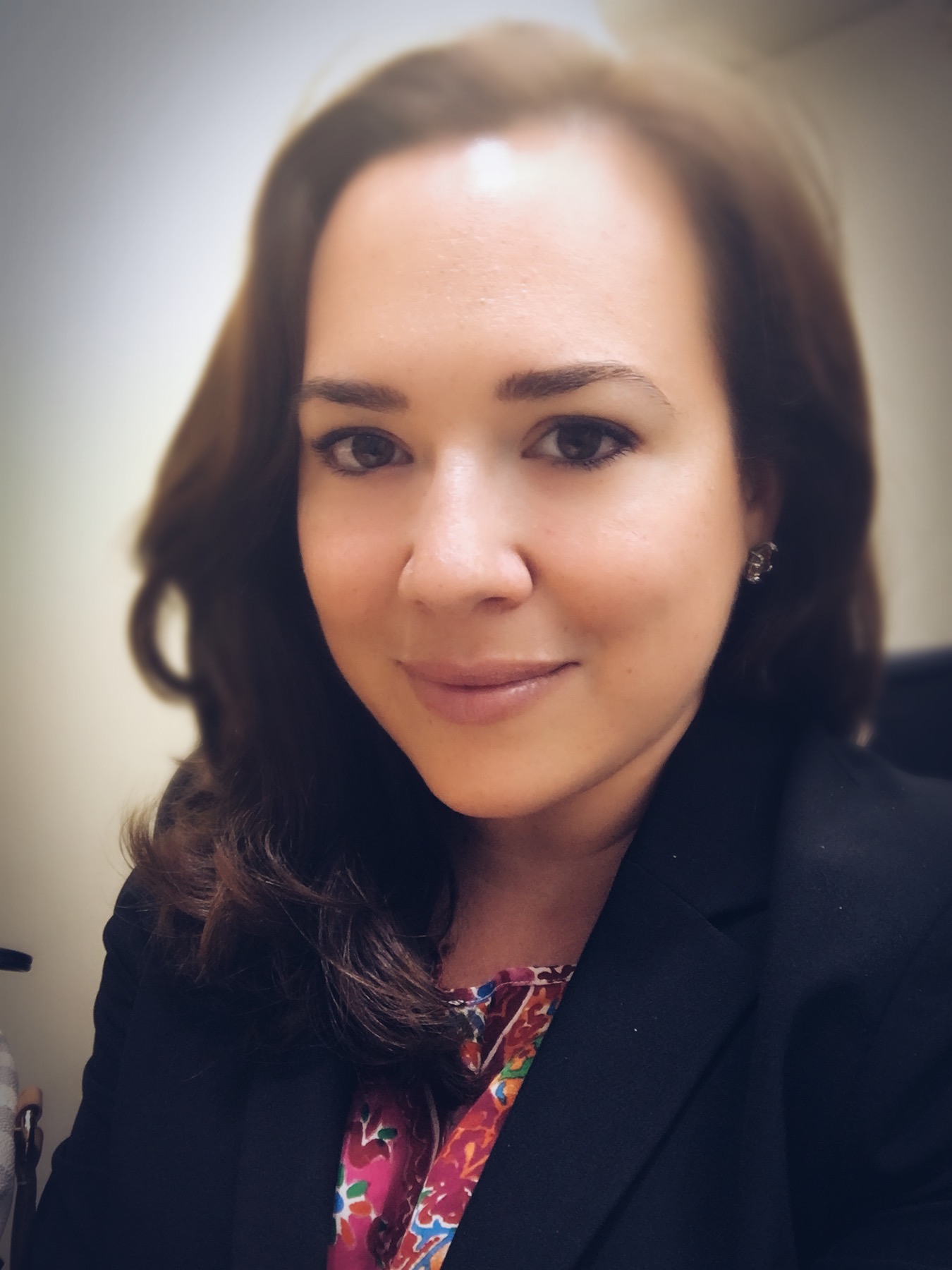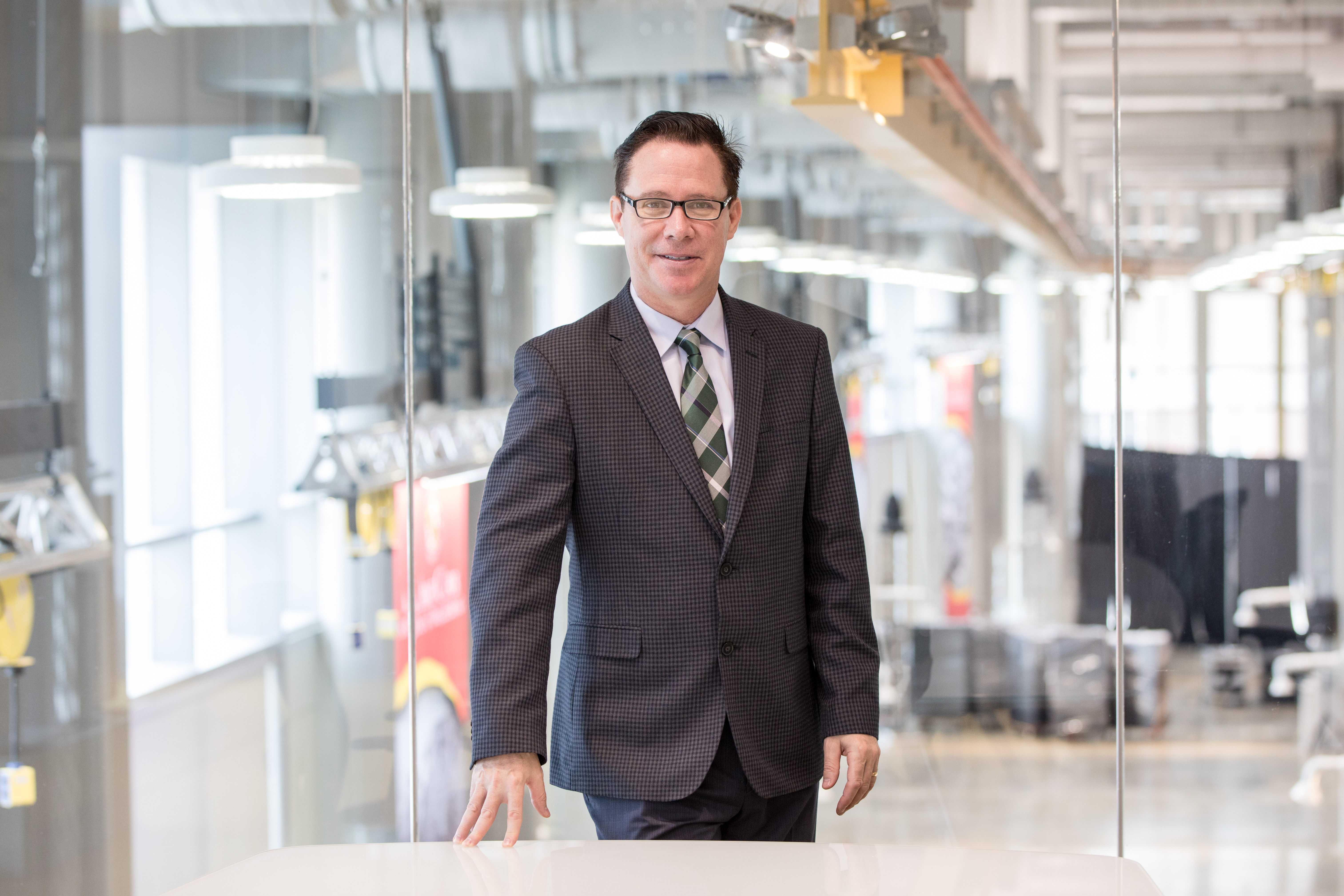University of Maryland project management alumni wear a wide variety of hats – including many of the non-construction variety. While the project management program is housed within the Department of Civil and Environmental Engineering and designed with engineers and architects in mind, 80 percent of UMD project management graduate students hail from technical backgrounds other than civil engineering. Yet, in cases where graduates go on to assume career roles outside the realm of engineering, there seems to be a common sentiment: the skills one masters through engineering education come in handy when faced with a host of problem-solving challenges.
“For me, it’s the training in engineering; it just makes you methodical,” said Claire Kfouri (Ph.D. ‘16), Program Coordinator for the Middle East Region at the World Bank. “If you’re given a problem, you immediately identify the constraints, the criteria, the budget, the geographic location… You put a plan together – as engineers, we’re almost planners by nature. I find myself to be very methodical and very drawn towards collecting an evidence base for what it is that I want to do.”

Claire Kfouri (Ph.D. ‘16)
Kfouri, who also holds advanced degrees in water resources and environmental engineering from the Massachusetts Institute of Technology and the University of Guelph, is an environmental engineer by training. For nine years, she led the World Bank’s water and sanitation portfolio in Lebanon and, more recently, she branched into water projects in South Asia.
“The foundation for my success and the foundation for my knowledge base has been my engineering background,” added Michael O’Connor (Ph.D. ’14), Director of Strategy and Project Management for Medtronic, a medical device company headquartered in Dublin, Ireland, with operational headquarters in Minneapolis, Minn. “I think like an engineer; I write like an engineer – it’s definitely been the key to my success.”
While O’Connor has worked at Medtronic for nearly 17 years, his background stems from a unique academic career. After first pursuing two years of engineering study, O’Connor earned a business degree while also attending a vocational school that allowed him to acquire hands-on engineering experience. He went on to earn an M.S. in technology management from the University of St. Thomas engineering school and an M.S. in project management from the University of Wisconsin-Platteville before his then-advisor recommended he pursue a Ph.D. in project management through the University of Maryland.

Michael O’Connor (Ph.D. ’14)
“One of the reasons I went and earned my doctorate was because I was still curious about engineering,” he explained. “Project management might not be as technical as traditional engineering, but when you are faced with problem-solving challenges and analytical processes, having that background is so helpful. And, when you’re working with so many people who are engineers by trade, it helps to know how they think.”
“For me, what works well is that, because of my engineering background, I’m trained to come up with a solution,” Kfouri said.
“I focus primarily on how to fix a problem as opposed [to focusing on] why a problem exists in the first place. My friends and colleagues who are economists or social scientists are more into understanding why something is happening – and it’s very complementary for us to work together. People like myself are able to address a problem and say, ‘We understand the context, so how do we move forward? What are our potential solutions?’”
For both Kfouri and O’Connor, their motivations are personal.
As a child, Kfouri lived in Beirut with her father and mother, who are Lebanese and Canadian, respectively. Given that the Middle East is home to one of the world’s most arid climates, the experience opened her eyes to the water crises impacting various regions and communities across the globe.
“Living in Lebanon, I really learned the value of water,” she said. “You kind of develop this acute understanding from an early stage: water needs to be managed well. I remember seeing bottles of water lined up on the kitchen sink. We had to ration our water use. And, from traveling to Canada to visit my grandparents and family, I saw that this wasn’t the way things were around the world. There were ways that water could be managed better.”
The experience led Kfouri to pursue a path in environmental engineering; but, for her Ph.D., she chose instead to focus on how international development projects are managed from a portfolio perspective.
“It’s very different managing a project in the developing world than it is in, say, Virginia,” she said. “My focus and interests evolved from that and today I am applying those project management skills at the World Bank and in the developing world.”
Unlike how Kfouri pursued a pathway to the World Bank, O’Connor first landed a role in the medical device field because of a trip he took to the library over 25 years ago.
“When I first finished my undergraduate degree, I went down to the library to do some research on what might be a good industry for me to get a job,” he said. “I found that the medical device area was a very hot area and it seemed like it would provide stable job opportunities. More than that, I liked the idea of working in an industry that was helping people day in and day out.”
The idea of impacting human health drove O’Connor to look at companies in his area of St. Paul, Minn. From there, fate began to play a role.
O’Connor secured a job with a local company, and his boss at the time had been in a human factors engineering course he took just a few months prior. Fast-forward several years and, a man who once sat next to O’Connor at his first job out of college later became a senior vice president at Medtronic. Since those early days, O’Connor has developed a passion for the industry.
“I remember working with a patient at a [veterans affairs] hospital who had a malignant cancer that affected his esophagus,” he said. “He and other patients faced huge challenges in trying to do even the simplest things, like try to swallow water. We inserted this first-of-its-kind, covered, self-expanding esophageal stent and this patient sat straight up and drank a glass of water and said, ‘That’s the first time I’ve been able to do that in a long time.’ Those kinds of things are just heartwarming – that we can take products and give them to people and make lives better.”
The University pf Maryland Project Management Center for Excellence offers a variety of graduate programs that can help you pursue your passion. Learn more.
This article first appeared in Civil Remarks 2016 Vol 15 published by the Department of Civil & environmental Engineering, A. James Clark School of Engineering.
Posted by Kathy Frankle on October 2, 2019

 Data Analytics for the Project Manager
Data Analytics for the Project Manager